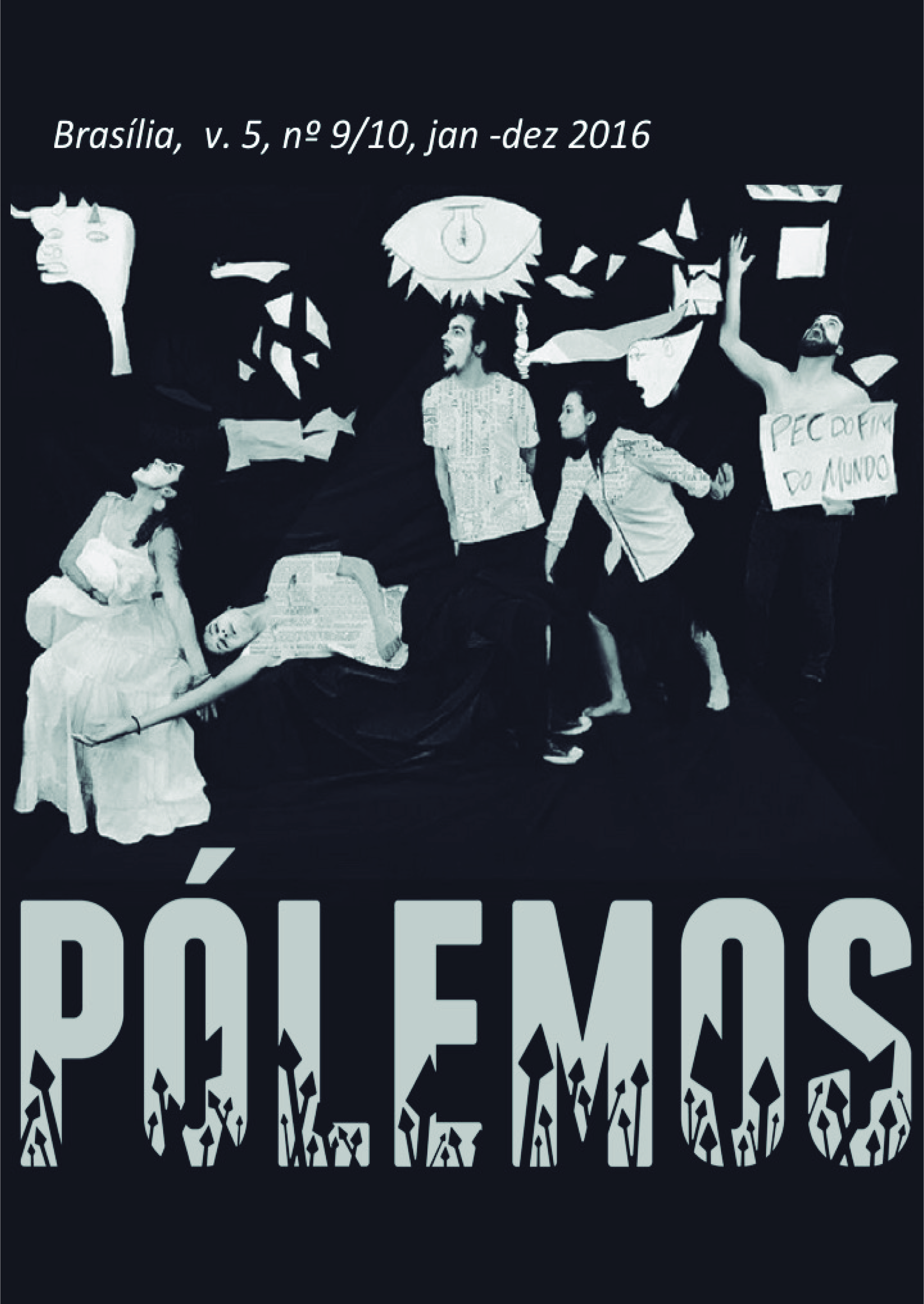THE DIVORCE BETWEEN KNOWLEDGE AND THOUGHT
a preliminary approach to Hannah Arendt’s studies
DOI:
https://doi.org/10.26512/pl.v5i9-10.11707Keywords:
Hannah Arendt. Banality of Evil. Human Condition. Knowledge. Thought.Abstract
Accordingly to the reflections exposed in Hannah Arendt’s work, action, plurality, and freedom constitute political condition. According to Arendt, human beings are essentially plural, different from each other. The plurality is, as said by the author, “the condition” of all political life. In this context, the human is necessarily diverse, plural, but also free. A political structure must be righteous to these qualities, allowing the coexistence without smashing plurality and freedom. Hannah Arendt shows that periods of dark times bring out the darkness in public scope causing individuals to not recur to politics, in exception for the most vital interests or in relation to their personal freedom. In this sense, there is a disregard for the world and for the political scope. The author also holds that the absence of critical thought is reflected in serious risks for the course of the emancipation and human freedom, concentrated in the totalitarian regimes on the twentieth century.
Downloads
References
ARENDT, Hannah. A Condição Humana. 12ª edição. 2ª reimpressão. Rio de Janeiro: ed. Forense Universitária, 2015.
_______. Eichmann em Jerusalém: Um relato sobre a banalidade do mal. 17ª reimpressão. São Paulo: Companhia das
letras, 1999.
_______. Homens em tempos sombrios. 1ª reimpressão. São Paulo: Companhia das letras, 2008.
_______. Origens do totalitarismo. 3ª reimpressão. São Paulo: Companhia das letras, 1989.
_______. Trabalho, obra, ação. Trad. Adriano Correia. São Paulo: Cadernos de ética e Filosofia Política da USP, 2006.
Downloads
Published
How to Cite
Issue
Section
License
Copyright (c) 2017 Pólemos

This work is licensed under a Creative Commons Attribution-NonCommercial-NoDerivatives 4.0 International License.
Todos os trabalhos que forem aceitos para publicação, após o devido processo avaliativo, serão publicados sob uma licença Creative Commons, na modalidade Attribution-NonCommercial-NoDerivatives 4.0 International Public License (CC BY-NC-ND 4.0). Esta licença permite que qualquer pessoa copie e distribua a obra total e derivadas criadas a partir dela, desde que seja dado crédito (atribuição) ao autor / Ã autora / aos autores / às autoras.


